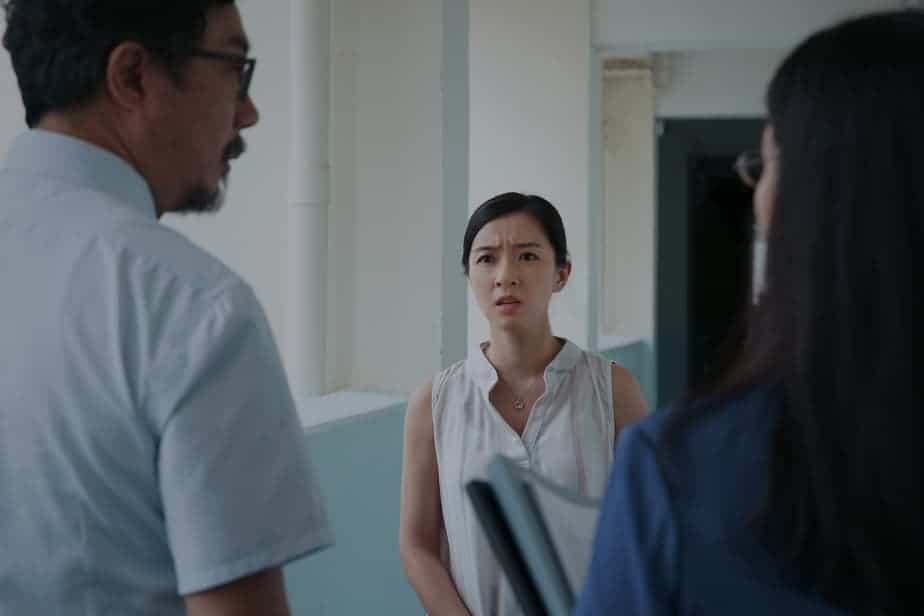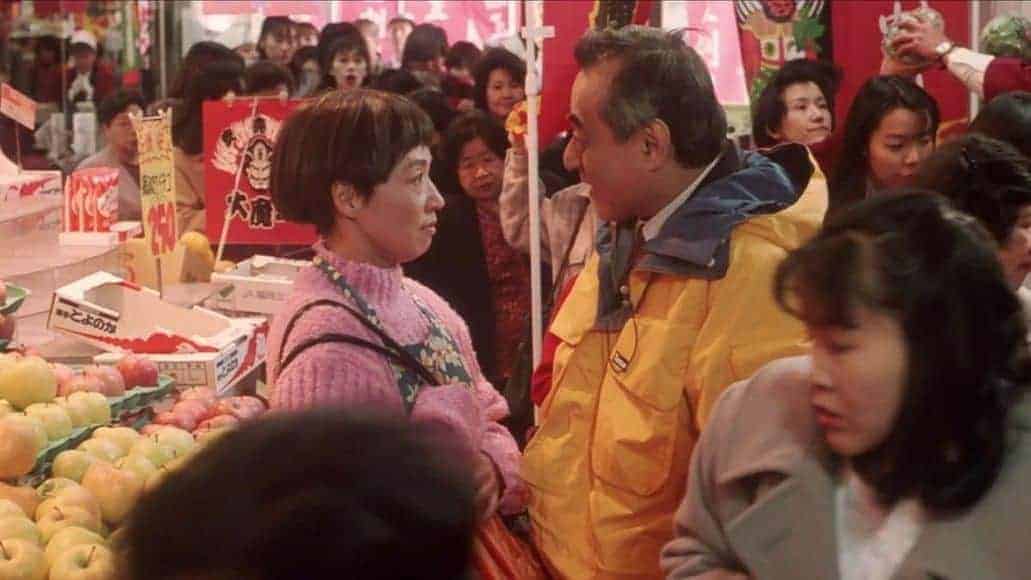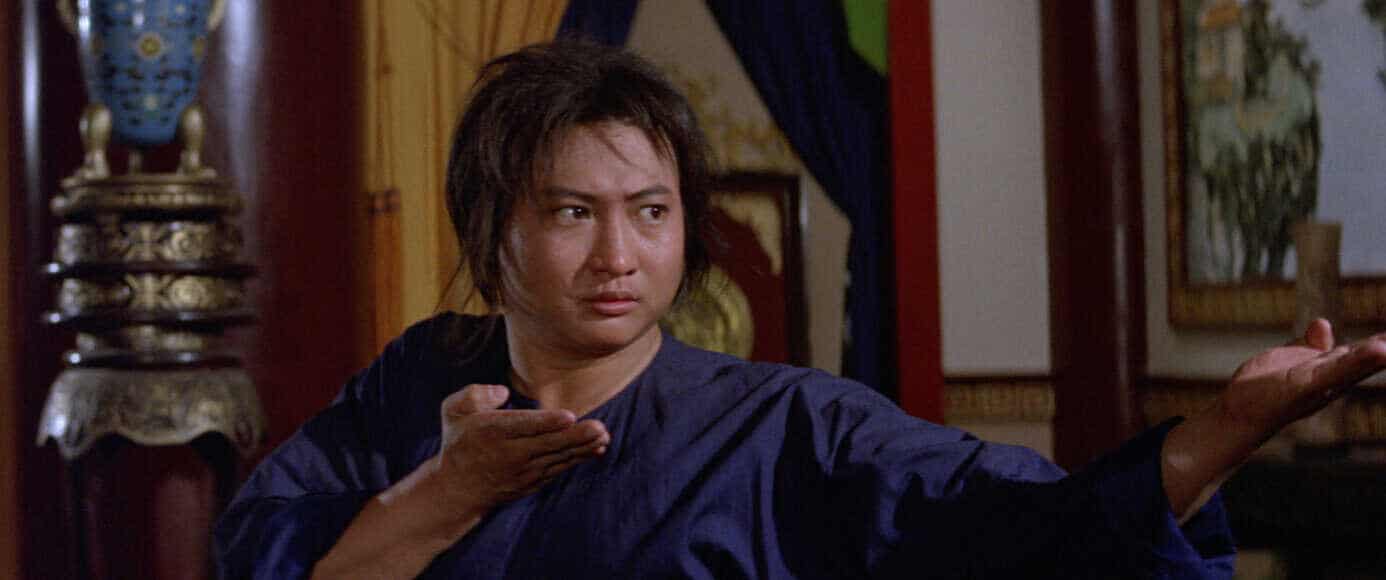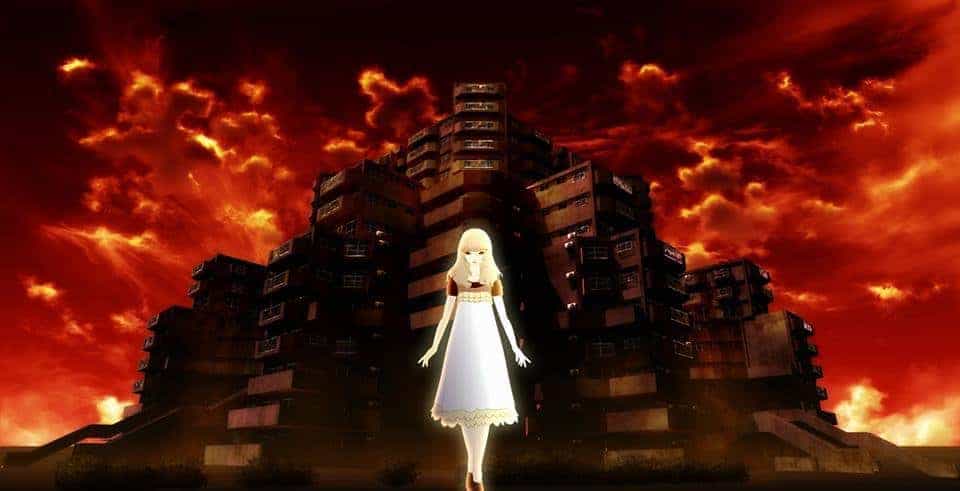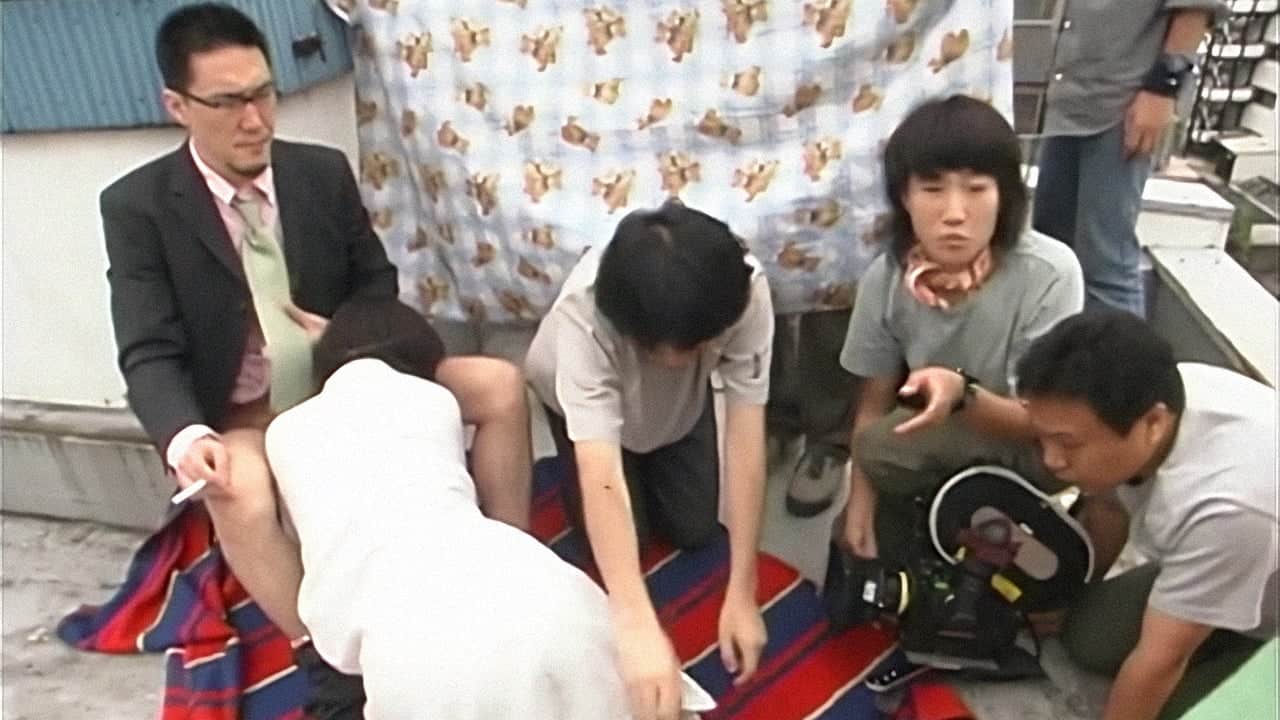At times a seemingly unrelated incident can result in a journey to our past, to memories we thought were buried deep underneath and which may provide answers for our present struggle. In literature, film and art we often find characters captured (or even imprisoned) in that cycle of going back and forth between the past and the present, resulting in either a possible solution to one's struggle or an emphasis of one's guilt, shame or whatever emotion is mentioned. This kind of dilemma is also at the core of Iranian director Pouya Esthehardi's feature debut “Untimely”, which is screening at Filmfestival Oldenburg where it celebrates it European premiere. Staying true to his avant garde roots, it is a story about family relationships, but also about feelings of guilt, betrayal and in general not being there when someone needs you.
“Untimely” is screening at Oldenburg Filmfestival

After smoking while on watch-duty, Hamin (Iman Afshar), a young soldier, is denied his request to leave his post for a few days to attend the wedding of Mahin (Aiwa Azaripa), his sister. Still set on getting to the event in time his thoughts while on duty concentrate on their shared past, as they were orphaned and how he tried to be there for her. However, his superior again catches him off guard, insisting Hamin should stay on his post, and he will have to face serious charges if this behavior continues. In the following struggle between the two men, Hamin pushes him off the watchtower and kills him.
While he tries to cover up the deed, burying the body in a nearby, deserted bunker, he comes back to his thoughts about the past, recounting the many times he felt he let his sister down or could not be there for her. Realizing his absence during the wedding might be just one link in a series of betrayals and disappointments, he is caught in between his loyalty to his sister and his oath as a soldier to obey his higher ups. Meanwhile, his other superiors start suspecting something has gone wrong when their colleague was on duty supervising the other watchtowers.
Considering the title of his feature debut, it should not come as a surprise “Untimely” follows a non-linear approach. You will perhaps find yourself – just like the protagonist – becoming lost within the various visual and temporary layers of the story, all of which are deeply infused with the emotions of the protagonist, especially regret and guilt. Some of these episodes are memories, some of them seem at first unrelated, for example, a ritual resembling an exorcism, but they eventually lead back to an inexcusable act of inaction in the eyes of Hamin. Each act is followed by an apology, bringing Mahin food, for example, before the heavy iron door of her new home slams shut, underlining the feeling of inadequacy.
In general, Esthehadi's way of telling the story is similar to the literary technique of the stream of consciousness at times. While offering many options in order to explain the feelings of guilt, it is also a quite thought-provoking journey into mechanisms of denial and repression in order to protect the self, ignited by an act of violence.
“Untimely” is especially impressive on a formal level, with beautiful cinematography and a great editing job by the director himself. Overall Reza Hemasi's images capture the idea of someone being within a moral dilemma, of being caught between two sets of obligations, whereas the editing supports the notion of the audience diving deeper into a person's psyche and his at times confusing or contradicting feelings. The core image of Hamin's duty in a watchtower overlooking the Gulf of Oman is a suitable metaphor for a somewhat absurd task, especially since he feels he cannot prevent bad things from happening and cannot protect others from them either.
In conclusion, “Untimely” is a rather impressive feature debut by Pouya Esthehardi, especially in terms of visual storytelling. Supported by a committed lead performance by Iman Afshar, it is a provoking, often confusing story about guilt being a downward spiral in which a person can get caught quite easily.



